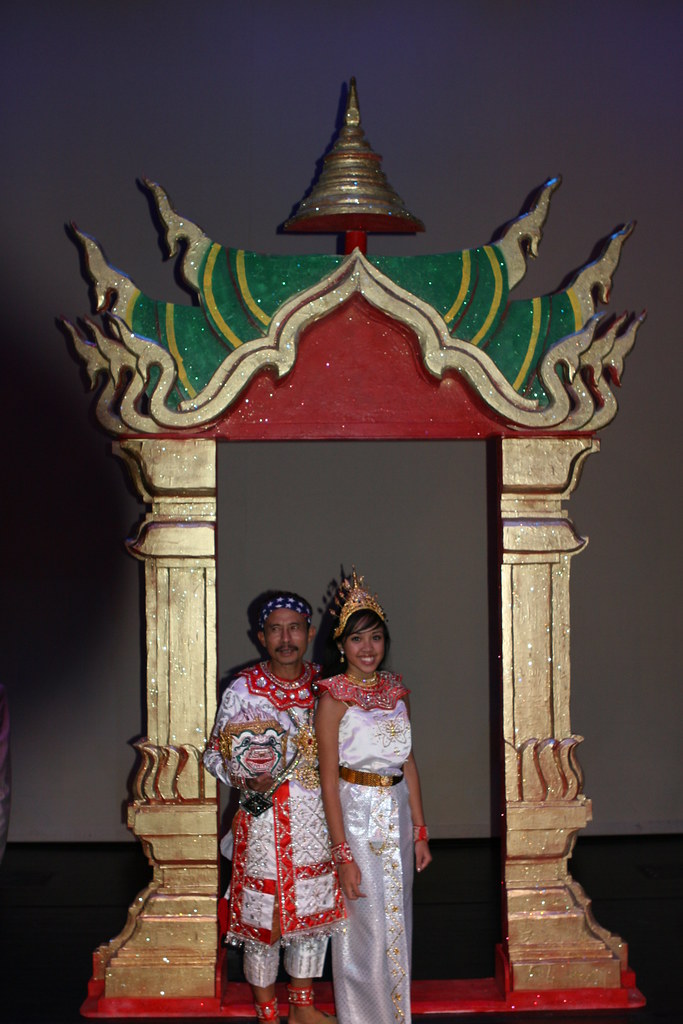
Dances are running approximately 5 to 6 minutes in many cases, although there are shorter and longer performances observed across the US. Increasingly, we're seeing efforts to add hip hop dance into the programs, although the focus continues to prefer traditional regional dances.
Notable Lao dances in the US that can be spotted occasionally include:

The blessing dance, usually reserved for special occasions including weddings and the Lao New Year as a welcome. This dance has gone be several different names, depending on the state it is being performed in.
The Fon Souliya. The typical story associated with it is the story of young girls who went to see a sunset and were so delighted by it they began to dance.
The Lam Salavanh. A regional dance from the Southern Lao province of Salavanh.
Fon dok champa. A dance performed in honor of the national flower of Laos, the dok champa. Typically performed in America to a rendition of Champa Muang Lao.



I'm still locating descriptions for all of the dances mentioned in this post, but notable dances also include the Fon Dok Bouatong, Fon Poakanoy, Fon Pongelang, Fon Kubtoom Luang Prabang, Fon Xaokaw and the Fon Leeng. The Royal Lao Classical Dancers of Tennessee are particularly generous in sharing these dances with the public during their performances in May.
Fon Yuk or Fon Nyak references the classic Lao ogres of legend, who may be closely tied to the Rakshasas of South Asian folklore. The Fon Nang Keo is also another dance that might be seen in particular communities.
Hopefully, over time, we'll see more examples of these documented and posted online.

The blessing dance, usually reserved for special occasions including weddings and the Lao New Year as a welcome. This dance has gone be several different names, depending on the state it is being performed in.
The Fon Souliya. The typical story associated with it is the story of young girls who went to see a sunset and were so delighted by it they began to dance.
The Lam Salavanh. A regional dance from the Southern Lao province of Salavanh.
Fon dok champa. A dance performed in honor of the national flower of Laos, the dok champa. Typically performed in America to a rendition of Champa Muang Lao.



Fon Yuk or Fon Nyak references the classic Lao ogres of legend, who may be closely tied to the Rakshasas of South Asian folklore. The Fon Nang Keo is also another dance that might be seen in particular communities.
Hopefully, over time, we'll see more examples of these documented and posted online.
No comments:
Post a Comment